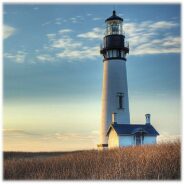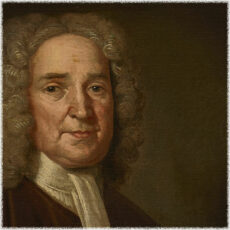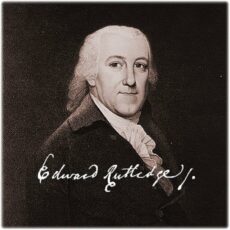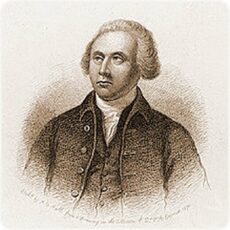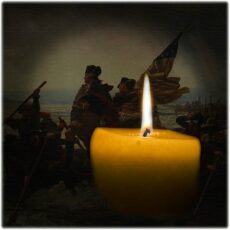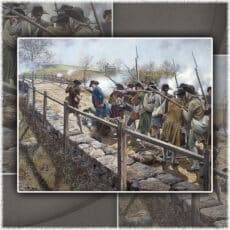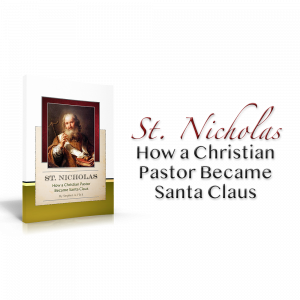Results for: "American Revolution"
The results for your search of "American Revolution" are listed below. Please click on the title or image to navigate to the desired item.
Please check the page navigation indicator at the top right or bottom right of the results to determine the number of search pages containing articles with the keyword(s): "American Revolution".
Preacher Begins Prelude to American Revolution
American History, Christian Calendar (Holidays), Christian History, January Articles
Welcome, and thank you for choosing to listen. Christian Heritage Fellowship is a listener supported organization, dedicated to reclaiming America's Christian Heritage and celebrating the life-changing influence of the Gospel around the world. Our organization remains committed to this purpose through the faithful giving of our friends and ministry family. If you can help us financially, we would sincerely appreciate it. A podcast of this article may be downloaded by selecting the download icon on the flyout tab of the listen button. And now, here is another episode from our post library,...Read more... Read more... -->
Edward Rutledge
January Articles, Signers of Declaration of Independence
January 23, 1800 Death of Signer, Edward Rutledge Edward Rutledge (November 23, 1749 – January 23, 1800) was an American politician and youngest signer of the United States Declaration of Independence. He later served as the 39th Governor of South Carolina. The brief biographical sketch of his life presented below is taken from the nineteenth-century work, Lives of the Signers of the Declaration of Independence by Rev.Charles Goodrich.Edward Rutledge Article Contents * Click headings to navigate; click headings to return. A Thumbnail Sketch Related Articles Anchor Elements Article Notes and...Read more... Read more... -->
Thomas Nelson, Jr.
January Articles, Signers of Declaration of Independence
January 4, 1789 Death of Thomas Nelson, Jr. Thomas Nelson, Jr. (December 26, 1738 – January 4, 1789) was an American planter, soldier, and statesman from Yorktown, Virginia. He represented Virginia in the Continental Congress and was its Governor in 1781. He is regarded as one of the U.S. Founding Fathers since he signed the Declaration of Independence as a member of the Virginia...Read more... Read more... -->
Watch-night Service: From Ale-house to Revolution
American History, Christian Calendar (Holidays), Christian History, Christian Living, December Articles
December 31, 1776 Historic watch-night service at Old St. George Church, Philadelphia For generations of Americans, the memory of candles flickering at the close of watch-night services—as one year waned and another began to wax—is one that evokes reverent appreciation for the spiritual fervor of by-gone days. Though the observance of the watch-night service began to wane at the end of the twentieth century, its origin in both the British Isles and America are significant chapters in the spiritual life of these nations. In America, few realize the place that one watch-night service had in...Read more... Read more... -->
Unsung Clergy of the American Revolution
Military Service, Role of Pastors
IntroductionUnsung Clergy of the American Revolution The role of clergy in the American Revolution has been grossly underreported by most historians. However, the influence of Christian pastors upon the rise and progress of the Revolution was perhaps the most fundamental force toward American independence and was memorialized by the great school-master of America, Noah Webster, who recounted this fact in a private letter dated October 25, 1836, in which he writes: The learned clergy . . . had great influence in founding the first genuine republican governments ever formed and which, with all...Read more... Read more... -->

